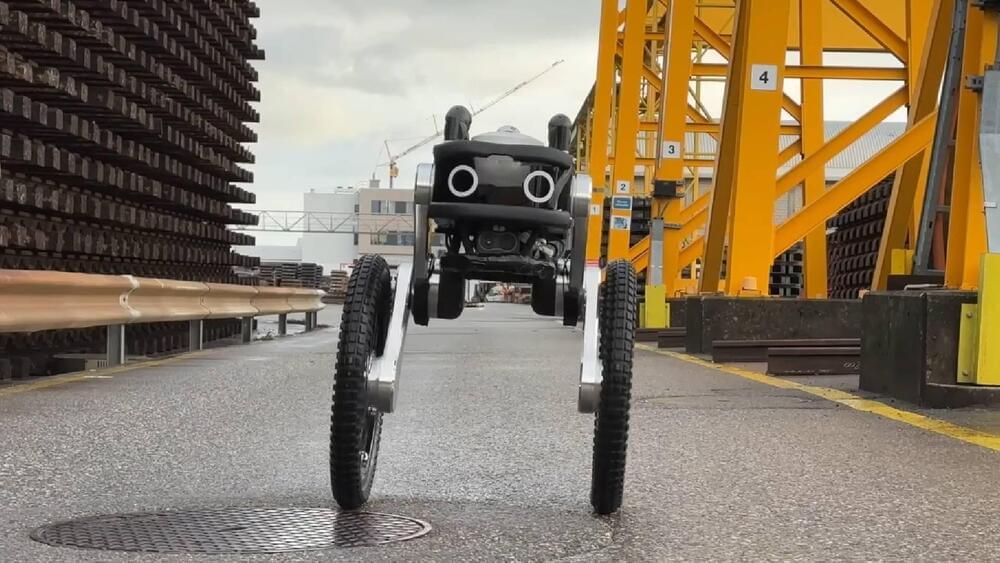May 28, 2023
Medical ‘microrobots’ could one day treat bladder disease, other human illnesses
Posted by Paul Battista in categories: biotech/medical, chemistry, robotics/AI
A team of engineers at the University of Colorado Boulder has designed a new class of tiny, self-propelled robots that can zip through liquid at incredible speeds—and may one day even deliver prescription drugs to hard-to-reach places inside the human body.
The researchers describe their mini healthcare providers in a paper published last month in the journal Small.
“Imagine if microrobots could perform certain tasks in the body, such as non-invasive surgeries,” said Jin Lee, lead author of the study and a postdoctoral researcher in the Department of Chemical and Biological Engineering. “Instead of cutting into the patient, we can simply introduce the robots to the body through a pill or an injection, and they would perform the procedure themselves.”


















